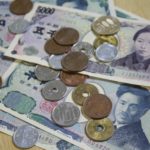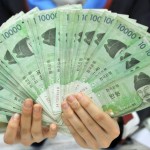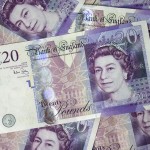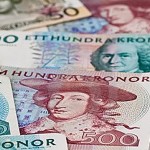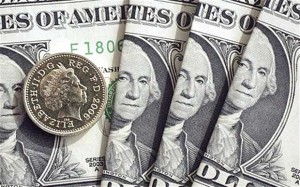 British pound remained little changed against the US dollar on Thursday, trading in proximity to three-week lows, after Bank of England (BoE) kept its base interest rate and monetary stimulus without change.
British pound remained little changed against the US dollar on Thursday, trading in proximity to three-week lows, after Bank of England (BoE) kept its base interest rate and monetary stimulus without change.
GBP/USD slipped to a session low at 1.5914 at 5:15 GMT, also the pairs lowest point since September 18th, after which consolidation followed at 1.5958, ticking up a mere 0.02% for the day. Support was to be received at September 18th low, 1.5893, while resistance was to be encountered at September 22nd high, 1.6017.
At its monthly meeting Bank of England maintained the benchmark interest rate and the size of monetary stimulus at the current levels, with this decision coming in line with experts expectations and amid signs that economic recovery was picking up the pace. The Monetary Policy Committee (MPC) at Bank of England kept borrowing costs at the record low level of 0.50% and voted not to change the scale of asset purchases, which is currently at 375 billion GBP per month. UK central bank has been pouring liquidity in economy since 2009. BoE Governor Mark Carney said that the central bank will maintain interest rates at low levels, until the rate of unemployment in the country lowers to 7% from the current 7.8%. Bank officials suggested that this could occur within a period of three years, but some analysts expressed opinion that monetary policy may be tightened sooner than expected, in case economy continues to improve. Mark Carney said in an interview in September that he does not see an argument for expanding the quantitative easing program, as recovery has strengthened and the minutes of MPC’s September meeting showed all nine members agreed that the current policy course was appropriate.
“It’s all steady as far as BOE policy goes, the bank has been quite vocal over the past couple of months on the policy,” Jane Foley, a senior currency strategist at Rabobank International in London, said before BoE decision, cited by Bloomberg. “The dollar is going higher because there’s some optimism that there could be a temporary extension to the debt ceiling in Washington. There’s potential for sterling to go back down.”
Meanwhile, US lawmakers for the first time have gathered around one possible way out of the fiscal crisis, a short-term deal to avoid countrys default. House Republicans are weighing a short-term raise in the debt ceiling, while Senate Democrats are not ruling out such a proposal, according to aides of both parties. Democrats, who have 54 seats in the 100-member Senate, would need the support of at least 6 Republicans on votes to pass their bill, which would suspend the debt limit through December 31st 2014. As the Treasury Department can use extraordinary measures to avert default, another ceiling raise would not be needed until sometime in 2015, Bloomberg reported. The preceding limit suspension has expired on May 18th, while the extraordinary measures are lasting five months.
At the same time, economists expressed their concerns that a failure by the world’s largest borrower to repay its debt obligations would hurl economies worldwide back into recession. The US government is entering its 10th day of a partial shutdown, as it is projected that nations borrowing authority will lapse on October 17th.
Elsewhere, the sterling was steady against the euro, with EUR/GBP cross ticking up 0.02% to trade at 0.8481 at 13:02 GMT. GBP/JPY pair was gaining 0.66% on a daily basis to trade at 156.36 at 13:03 GMT.
